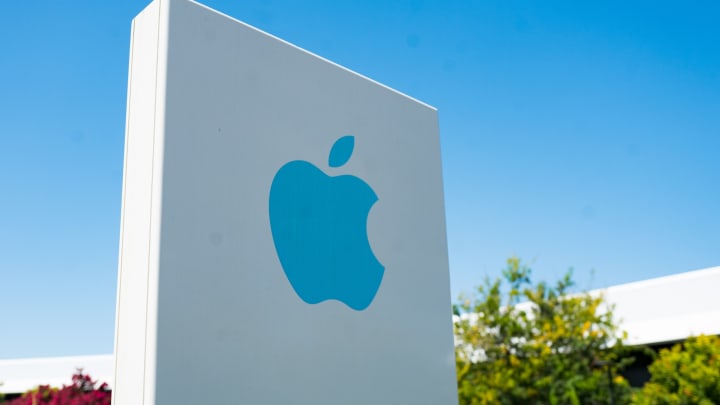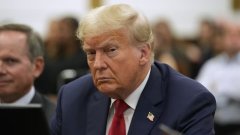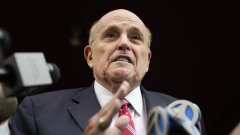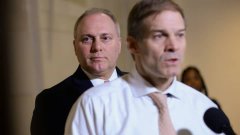
Three senior executives have lost their bid to stop the U.S. Justice Department from calling them as witnesses in the government's upcoming trial accusing Alphabet's of abusing its search power.
The Apple executives — Eduardo Cue, John Giannandrea and Adrian Perica — had argued in Washington, D.C., federal court that compelling them to testify at trial was "duplicative" and "unduly burdensome," since they had already answered questions at an earlier stage in the case.
U.S. District Judge Amit Mehta in a brief order on Monday denied Apple's effort to quash the subpoenas.
Companies often try to bar or minimize subpoenas seeking testimony or information from top executives.
Apple, which is not a defendant, said it has been the subject of "overbroad" demands in the case and that it already has disclosed more than 125,000 documents from senior executives.
Cue oversees Apple Music, Apple TV and other services. Giannandrea is the executive in charge of machine learning and AI strategy, and Perica oversees Apple's corporate development wing, including leading the company's mergers and acquisitions efforts.
Representatives from Apple and Google did not immediately respond to requests for comment. The Justice Department declined to comment.
Google and its lawyers have denied any wrongdoing in the case, one of two Justice Department antitrust lawsuits against Google.
A lawyer for Google, John Schmidtlein, told U.S. District Judge Amit Mehta in D.C. at a hearing this year that "offering a superior product, winning business on the merits is never unlawful."
The Justice Department said its case centers on Google's sharing of billions of dollars in annual advertising revenue with business partners such as Apple in exchange for Google's search being default on other companies' devices.
The government has called Apple "chief among Google's distribution partners" and said Google's relationship with Apple through an information-services agreement "will be a central issue at trial."
Apple's attorneys warned recently that trial testimony would force the lawyers and Mehta to "navigate the risks of inadvertent disclosure of its most competitively sensitive information."
In a filing, Apple said it wanted to shield information concerning business negotiations, confidential contract terms and "forward-looking product opportunities."
Attorneys for Apple argued that the company had "provided all the discovery (and more) that the parties could need for trial."
The bench trial is set to begin on Sept. 12 in Mehta's court.
The case is United States v. Google, U.S. District Court for the District of Columbia, No. 1:20-cv-03010-APM.




